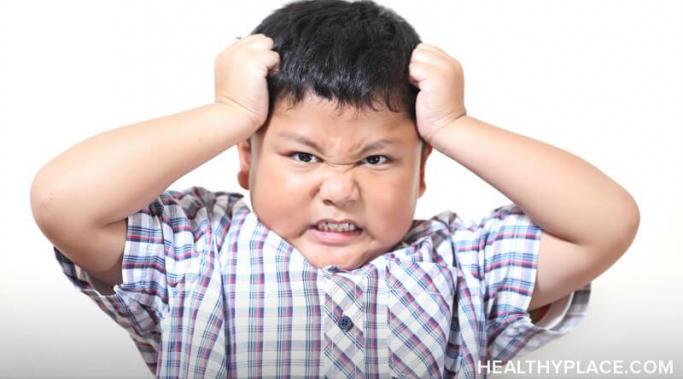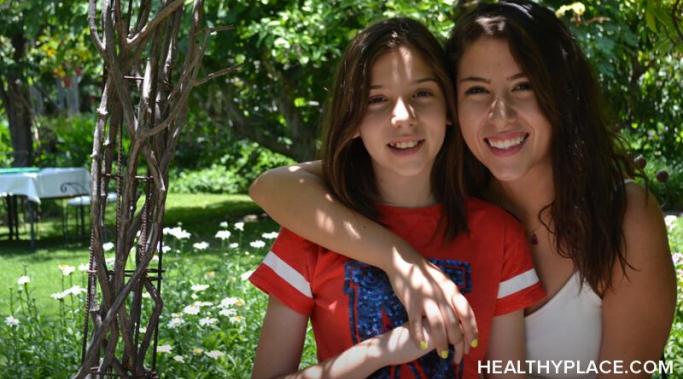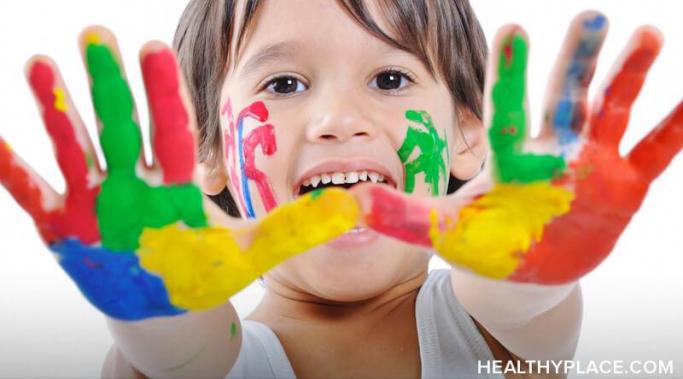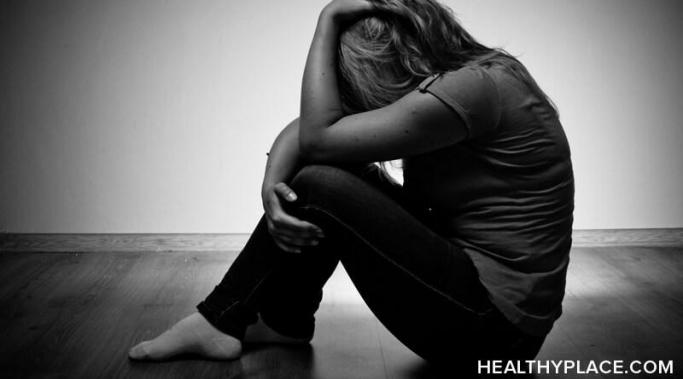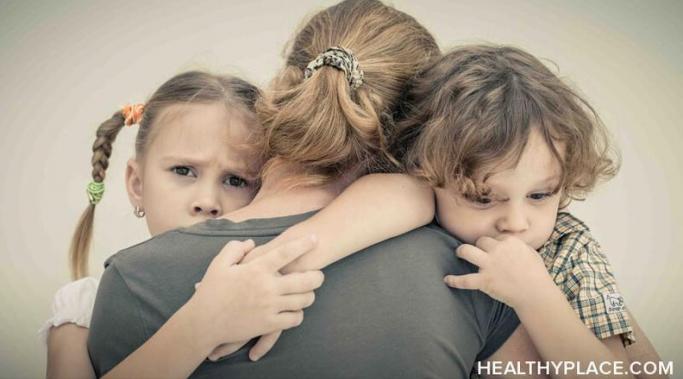Life is tough when your child has a mental illness. It gets even tougher when you do, too.
Parents with Mental Illness
Attention-deficit/hyperactivity disorder tantrums -- they're loud, unnerving, embarrassing, and make me question myself as a parent. They come with the territory of raising a child with attention-deficit/hyperactivity disorder (ADHD), and although they aren't the most fun part of my day, I've found ways to deal with them without sacrificing my sanity (for the most part). I've also learned to understand why my son throws tantrums and where his ADHD comes into play. This understanding has given me clues to how to handle the situation and move forward.
You might be thinking, "Wait, what did you just say? You're okay with your child having a mental illness? How could you say such a thing?" It's true, though. I am okay with my child having a mental illness. I have a lot of reasons to feel that way, and I think if more parents could take this attitude, life would be easier for everyone.
Because of the COVID-19 pandemic, my local school system has closed until further notice. The problem is, I still have a child with attention-deficit/hyperactivity disorder (ADHD) at home who needs to learn, grow, and stay busy. I still have a full-time job and a pile of bills that aren't going anywhere. And I still wrestle with a lot of depression and anxiety that makes it difficult to hold everything down without the reprieve of an eight-hour school day. So what's the trick? How have I learned to take care of my child's ADHD, education, and all of my other responsibilities in the face of such unpredictable school closures?
My son is now old enough that he overhears conversations I have with his dad about his attention-deficit/hyperactivity disorder (ADHD), and he has questions. Explaining mental illness to my child feels like a balancing act. I want to be honest with him, but I want him to feel proud of himself, too. How do I go about making that happen?
Once again, I'm going to admit something that's difficult to bring up because that's what Life with Bob is all about--transparency and honesty. So here goes: sometimes I feel burned out parenting a child with mental illness. I have found ways to cope, but parental burnout has still lodged its way into my life and my family's lives. It's affected the relationship I have with my son and the relationship I have with myself. What is parental burnout, and what can you do about it when you have a child with mental illness?
"Raising a child with mental illness is probably one of the easiest things I've ever done. I'm always calm, and I never need any help," said no one ever.
Medication compliance for people taking psychiatric drugs is notoriously hit and miss. Because of that, the Food and Drug Administration (FDA) recently approved a form of aripiprazole (Abilify) that digitally tracks medication compliance in patients with schizophrenia, some forms of bipolar, and some cases of depression according to Psychiatric Times.1 A digital sensor in the pill tracks when the medication is ingested by sending a digital tracking signal to an arm patch. Information can be provided to patients and might be shared with families and providers. While this may be the first such drug approved by the FDA, it will not be the last. So, the question for mentally ill patients and their families is this: Is this a wonderful, new medication compliance tool, or is it a potentially dangerous invasion of privacy?
My mother with mental illness died last week. She was 85 years old. Here I share my recollection of being raised by a mother with mental illness.
The quest for a GOP presidential candidate has raised a lot of brouhaha concerning reproductive rights in America. Whether certain politicians aim to force everyone to spawn or limit childbearing rights to a particular set is unclear. The debate, however, brings to mind the question: should people with mental illness have children?

